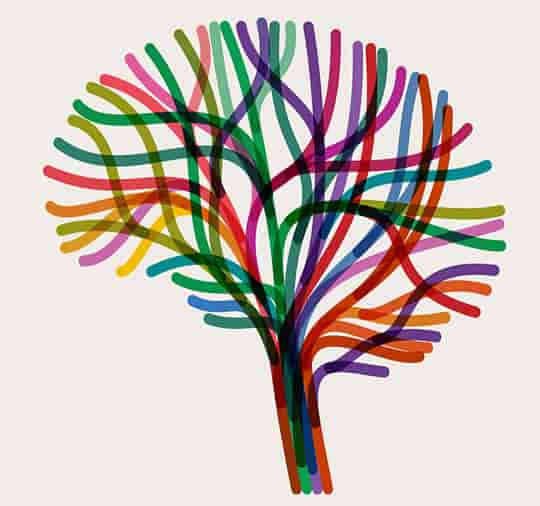Higher consumption of these foods was linked to improved memory by the study.
Eating more fruits and vegetables protects against memory loss, research finds.
Fruits and vegetables also help reduce the risk of heart disease.
Higher consumption of protein-rich foods was also linked to improved memory by the study.
A previous study, though, found that it is vegetables, more so than fruits, that really help to preserve memory.
Green leafy vegetables showed the strongest association with a better memory in that study.
More than two servings of vegetables per day was linked to the slowest rates of cognitive decline in older people.
Vegetables contain high amounts of vitamin E, which lowers the risk of cognitive decline.
Green leafy vegetables are also a key component of the MIND diet, which is frequently linked to memory improvements and reducing the risk of dementia.
Two other foods in the Mediterranean diet that have been individually linked to improved memory are nuts and mushrooms.
The Western diet
Set against these beneficial foods, one of the main enemies of healthy brain aging is sugar.
Eating too much sugar is linked to brain shrinkage.
Similarly, red meats, organ meats, butter and high-fat dairy can increase Alzheimer’s risk.
Unfortunately, these last two sentences pretty much define the so-called ‘Western diet’.
In other words, what many eat in the modern Western world is bad for the memory and bad for the brain overall.
Brain benefits of cereals
The latest study included 139,096 older Australians who were tracked over almost a decade.
Along with the finding that fruits, vegetables and protein improved memory, the researchers also found that cereals may be protective for those over 80.
Dr Luna Xu, the study’s first author, said:
“Our present study implies that the healthy eating suggestions of cereals consumption in the prevention of memory loss and comorbid heart disease for older people may differ compared to other age groups.”
Memory loss is one of the most common early symptoms of dementia.
People suffering from dementia often have other conditions, said Dr Xu:
“The dietary intervention in chronic disease prevention and management, by taking into consideration the fact that older populations often simultaneously deal with multiple chronic conditions, is a real challenge.”
Diet is key to fighting these conditions, said Dr Xu:
“To achieve the best outcome for our ageing population, strong scientific evidence that supports effective dietary intervention in preventing and managing co-occurring chronic conditions, is essential.”
The study was published in the International Journal of Public Health (Xu et al., 2020).

